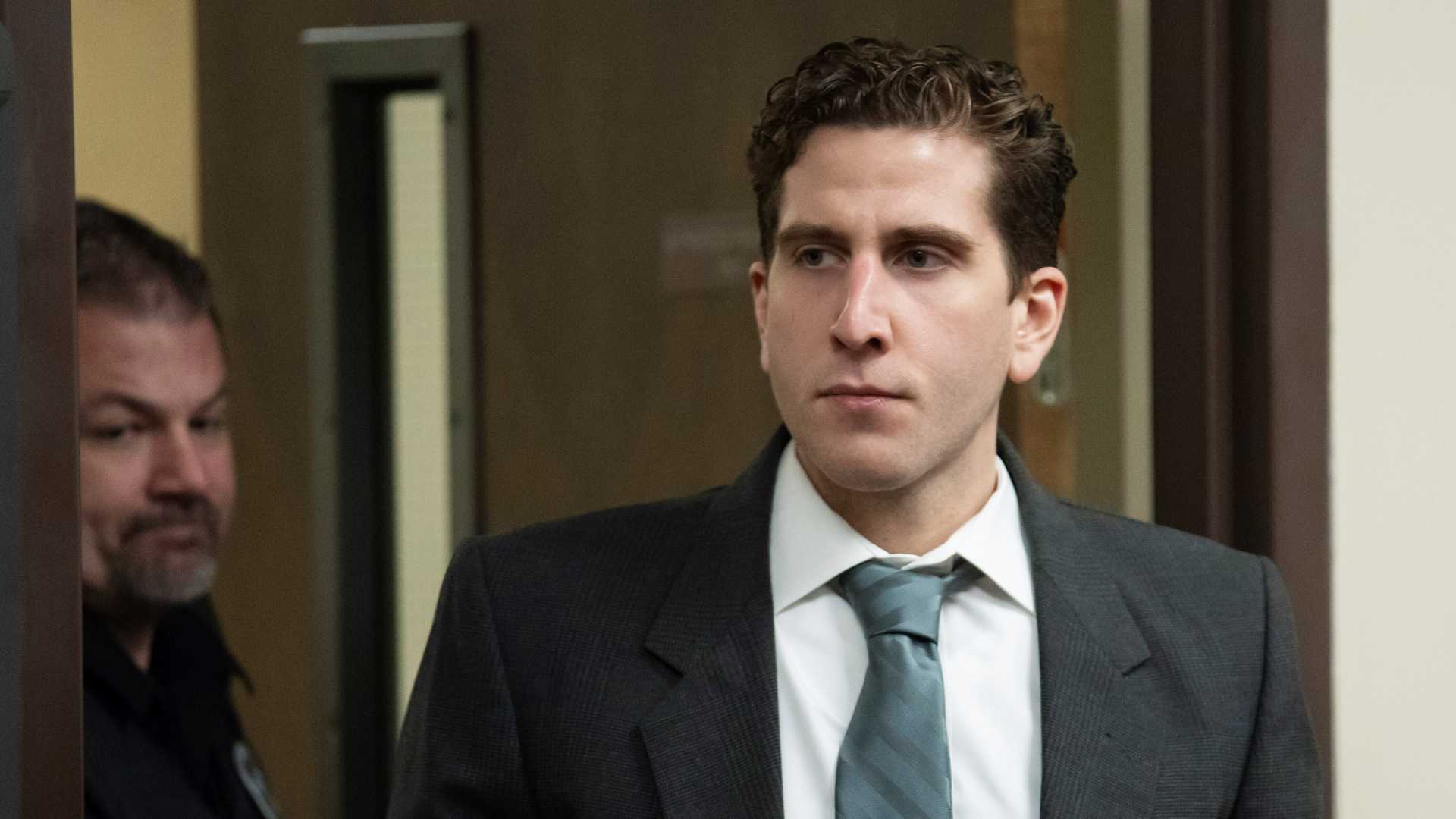News
Judge Denies Kohberger’s Defense in Murder Case

Moscow, Idaho – A judge denied the defense motion for Bryan Kohberger, accused of killing four University of Idaho students, to identify specific alternate perpetrators on Thursday. This ruling comes as Kohberger’s trial approaches, adding pressure to his legal team.
Kohberger, 30, has been implicated in the murders that took place in November 2022. His defense team has long argued for the “alternate perpetrator” theory, claiming that someone else was responsible for the killings. However, Judge Steven Hippler stated that the defense’s suggestions lacked sufficient evidence to be considered credible under Idaho law.
The judge deemed that the defense’s proposed suspects had not been linked to the homicides in any meaningful way. “Nothing links these individuals to the homicides or otherwise gives rise to a reasonable inference that they committed the crime,” Hippler noted. This ruling was a significant setback for Kohberger’s defense, which had hoped to introduce alternative suspects to the jury.
In addition to the alternate perpetrator issue, Judge Hippler also rejected a request to delay the trial, stating the defense had not demonstrated a compelling reason to postpone proceedings. Kohberger’s trial has already experienced numerous delays due to various legal disputes, including issues surrounding evidence and witness availability.
Lead defense attorney Anne Taylor expressed concerns over the challenges faced by Kohberger’s team over the past two and a half years, arguing that they are not prepared for trial. The defense team had wanted to establish an alibi for Kohberger, but the judge ruled they could not do so because they failed to comply with Idaho’s alibi statute, which requires testimony from specific witnesses.
The court also ruled that Kohberger could not present an alibi defense during the trial, despite ongoing efforts by his legal team to prove his whereabouts during the time of the murders. Kohberger’s defense strategy now relies heavily on creating reasonable doubt by cross-examining witnesses and challenging evidence presented by the prosecution.
Additionally, the defense plans to scrutinize surveillance footage and cell phone data suggesting Kohberger’s movements on the night of the crime. They aim to illustrate that Kohberger had no direct connection to the crime scene or the victims.
Victim testimonies and witness accounts will be a focal point in the defense strategy. The defense team intends to cross-examine the two surviving roommates of the victims, particularly Dylan Mortensen, who reported seeing a masked individual on the night of the murders. They have labeled Mortensen as an unreliable witness due to her alleged impaired state during the incident.
With various avenues for defense closing, Kohberger’s legal team faces a challenging road ahead as the trial date nears.












